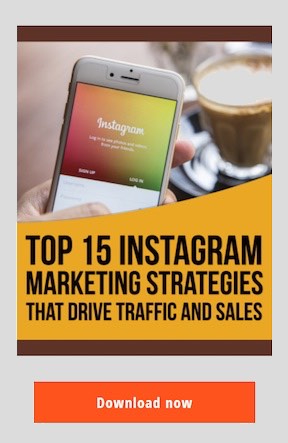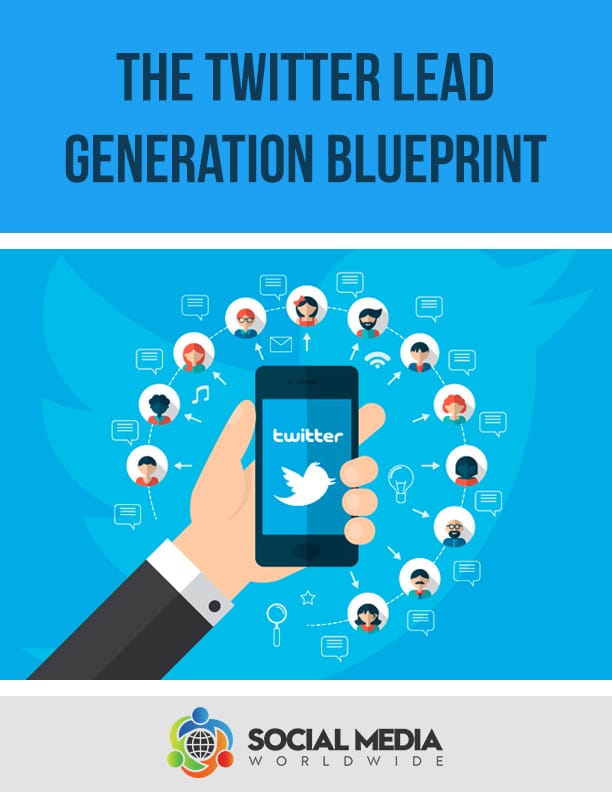Although social media hashtags have been adopted by most social networks after Twitter first introduced them, most social media users remain unfamiliar with them and their effectiveness.
A hashtag is a word or phrase preceded by a # sign and they enable you to categorize your social media posts. For example, should you be publishing content relevant to “weightloss”, your post could include the hashtag “#weightloss”.
As a listening tool, social media hashtags are also very effective. You can easily listen in to online conversations around a specific topic by simply clicking on a hashtag. By doing so, all the posts published on the network which include that specific hashtag will be listed.
For example if you’d like to conduct research online about what people are saying about the keto diet or would like a deeper understanding of the keto diet, simply go to a social network such as Twitter, type in the search box “#ketodiet”and then you’ll see all the posts published around this topic that include the hashtag “ketodiet”.
This should provide you with a lot of information around the topic.
If wanting to create your own social media hashtags for your business, brand or event, make sure you keep it short and easy to spell to make it easier for your audience to join your conversation by adding your hashtag in their posts.
If you’d like to take your Facebook marketing to the next level, and increase the results you’re getting from your current Facebook marketing efforts by 10, click here to download my FREE Facebook marketing report. Simply enter your name and email and I’ll instantly send you the report.
A hashtag can include numbers but no punctuation marks and no special characters such as asterix.
If your hashtag includes more than a word, you can capitalize the first letter of each word such as #DoubleYourCashFlow.
When creating your own hashtag, make sure it hasn’t already been taken. You can check by simply going to a few social media platforms such as Instagram or Twitter and typing in the hashtag you want to create.
If the hashtag is already being used you’ll see posts that include it, if not, then it means you can now launch the hashtag as the one associated with your brand.
Ideally, when creating your own hashtag, also known as a “branded” hashtag it has to be associated with your business. It can be your business name or even your tagline. Nike for example, have created their own branded hashtag which is #justdoit, which also happens to be their tagline.
However, once you create your own hashtag, you will need to monitor the conversations around it. In other words, check what posts people are publishing when including your branded hashtag for reputation management. You will want to check daily or at least a few times a week, what posts have been published that include your brand’s hashtag.
When the posts are positive and praise your business, then make sure to share the post with your audience or acknowledge the person by writing a comment, thanking them. If the post is a complaint, make sure you address it in a timely manner, and don’t ignore it. Always redirect people who have complaints to communicate with you privately.
Remember to treat the disgruntled customer like you would a friend, and really listen to their concern. Apologizing by saying something like “Thank you for letting us know, we’re really sorry you had a bad experience” can really go a long way.
And remember to also address them by their first name, so you maintain a friendly tone. For example you can say “Thank you Samantha for letting us know you’re disappointed with your order, we are looking into it and will get back to you as soon as possible”.
Social media hashtags can be added anywhere, at the start, middle or end of your post or tweet.The main mistake social media users make when using hashtags is including too many of them in each post.
When using hashtags in posts, one or two are enough, and three hashtags per post is the absolute maximum. However the rules for Instagram hashtags are slightly different. You can include up to 30 Instagram hashtags in your posts.
If you’d like to take your Facebook marketing to the next level, and increase the results you’re getting from your current Facebook marketing efforts by 10, click here to download my FREE Facebook marketing report. Simply enter your name and email and I’ll instantly send you the report.
A useful tool to use when looking for social media hashtags or Instagram hashtags is www.ritetag.com. By typing in its search box keywords associated to your post or tweet, ritetag.com will list all the best hashtags and top hashtags being used for that specific keyword, making it easier for you to feature your content in existing, popular conversations.
The key when looking for the best hashtags or top hashtags to include in your social media posts is to avoid generic ones.
Generic popular hashtags like #weightloss are too broad and millions of posts have included this hashtag so it’s going to be tricky for your post or tweet to stand out and be seen, because it will be competing for attention among millions of other posts that also include these popular hashtags.
So when looking for the best hashtags or top hashtags to use, make sure they are more specific and descriptive.
For example, instead of using popular hashtags like #weightloss your can use hashtags such as #ketodietweightloss, #ketofatburning and #ketofoodlist.
When using hashtags in your posts, you can promote your hashtag even further by adding them on your social media banners and headers, in your profile descriptions and in your marketing material such as online ads, offline ads, newsletter, business cards and brochures.
And because no social media efforts can lead to results without tracking, talkwalker.com is a tracking tool specifically designed to monitor hashtags.
Talkwalker measures the engagement rate of your hashtag (how many people shared, liked or commented on posts which included your hashtag), as well as monitor the sentiment around your hashtag (if conversations related to your hashtag were positive, negative or neutral), how many people actually saw your hashtag and how many of them were men or women, and their geographic location.
The detailed analysis provided by Talkwalker will allow you to have a better understanding of where to cut the cord and where to double your efforts when using hashtags.
The benefit of using hashtags and especially creating your own hashtag for your business or brand is the ability to attract more relevant users to join your conversations. And the more relevant users you attract, the easier it will be to turn these prospects into customers.
Remember, owning a hashtag will:
- Expand your content reach
- Grow your brand
- Target your market
- Get your content found more easily
- Improve your SEO
If you’d like to take your Facebook marketing to the next level, and increase the results you’re getting from your current Facebook marketing efforts by 10, click here to download my FREE Facebook marketing report. Simply enter your name and email and I’ll instantly send you the report.
Remember to also subscribe to our Youtube channel for the latest social media marketing tips and tricks.
About the Author

Corinna Essa is known internationally as the go-to person when it comes to social media marketing.
Corinna owns a social media marketing company helping businesses around the world leverage the power of social media without doing any of the legwork. Her company has been featured in many media outlets including Sky Business news, Working Women magazine, Ymagazine, Tasmanian Times, Channel 7 and 101fm.
Corinna is also the author of 2 bestselling books “Money On Demand – The 16 Fastest Ways to Becoming a Millionaire Online” and “Reach: The SECRETS to converting your social media audience into your network marketing downline fast”









Hello Corinna,
Hashtags are very much important for social media marketing. I learned many new things from this blog and will surely apply these tips to do better social media marketing.
Thanks for the comprehensive article.
Thank you Priya, glad you found it useful!